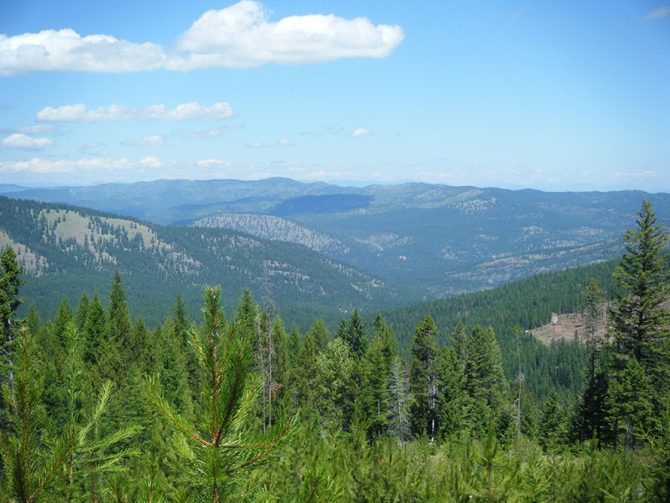Matariki is a time of remembering, celebrating and setting aspirations for the coming year. This year Māori & Multicultural Services (Library) invited their colleague Lara Moses, Youth liaison based at Tūranga to provide her thoughts on Matariki as a ‘new’ New Zealander who was born and raised in the USA and from a first nations background.
The country of my birth is known for its wide-open fields, large flowing rivers, majestic mountains, and its unfortunate history of colonisation. When I was younger, I learned about a plucky little cluster of nine stars, and I was told it was called the Pleiades – the seven sisters. As students, we were taught imported mythology from Europe, while never learning the stories of these stars that originated right in the land where we lived. We never knew that the first nations of the United States often celebrated their new year upon the rising of the Pleiades in the sky.
Pre-colonisation, America was made up of hundreds of nations, all with their own unique stories and explanations for the world around them. I grew up in Montana, a state the size of Germany, which has seven reservations in it. The stories about the Pleiades from this area say that the stars are lost and fatherless sons, who were expelled from their tribes. The sons individually befriended wolves who brought them all together as a pack. And the boys enjoyed each other’s company so much that they asked the Creator to place them together in the sky, leaving the wolves who cared for them behind. And each night they have to hear the howls of the wolves who miss them as a reminder of their cruelty. This is just one of the many stories about the Pleiades that originated among the first nations of the United States.
I didn’t find out until quite late in my life, that I am from the Muskogee Creek nation. Growing up, I never got to learn the stories that could connect me to that part of myself. Which is one of the reasons I am so glad, as tangata Tiriti, Matariki is celebrated here in Aotearoa. Students are being taught the stories of this land, and not borrowed mythology from abroad. It means this country is saying these stories are important and shouldn’t be forgotten or pushed aside. This is part of our national identity.
This year, Christchurch City Libraries is celebrating Matariki by focusing on the water stars, Waitā, Waitī and Waipunā-ā-rangi. To me, water means change. Water carves out its own path wherever it flows, and it wears down even the toughest rock. Water is cleansing, it can be calm and renewing, or angry and unrelenting. Recent times in Aotearoa have shown us the destructive force of water, but where would we be without it?
It’s a tradition in the western world, to make a New Year’s Resolution in January of each year. I never really paid much attention to that tradition, but with Matariki this year focusing on the water stars and water so often signifying change to me, I suppose this is the time for a Matariki Resolution. What am I going to change in the year coming? What changes are you going to make?
I have a confession to make. I only learned the first nation stories about the Pleiades star cluster when I was asked to do this post. I had never even considered it before, which goes a long way to show how buried anything indigenous is in the United States. And once I started reading the stories, I found it very difficult to stop! I felt connected to my own past in ways I never had before. So that is the change I am going to make. Inspired by Matariki becoming a national holiday, and how important that is for tangata whenua, I am going to learn more about the stories from the land of my birth. I am going to seek out a deeper understanding of who I am and where I come from, which is so vastly important.
Though on the Matariki holiday itself, you will be able to find me in my spa, staring up at the stars.




Add a comment to: Learning the legends of a place: First nations stories and Matariki